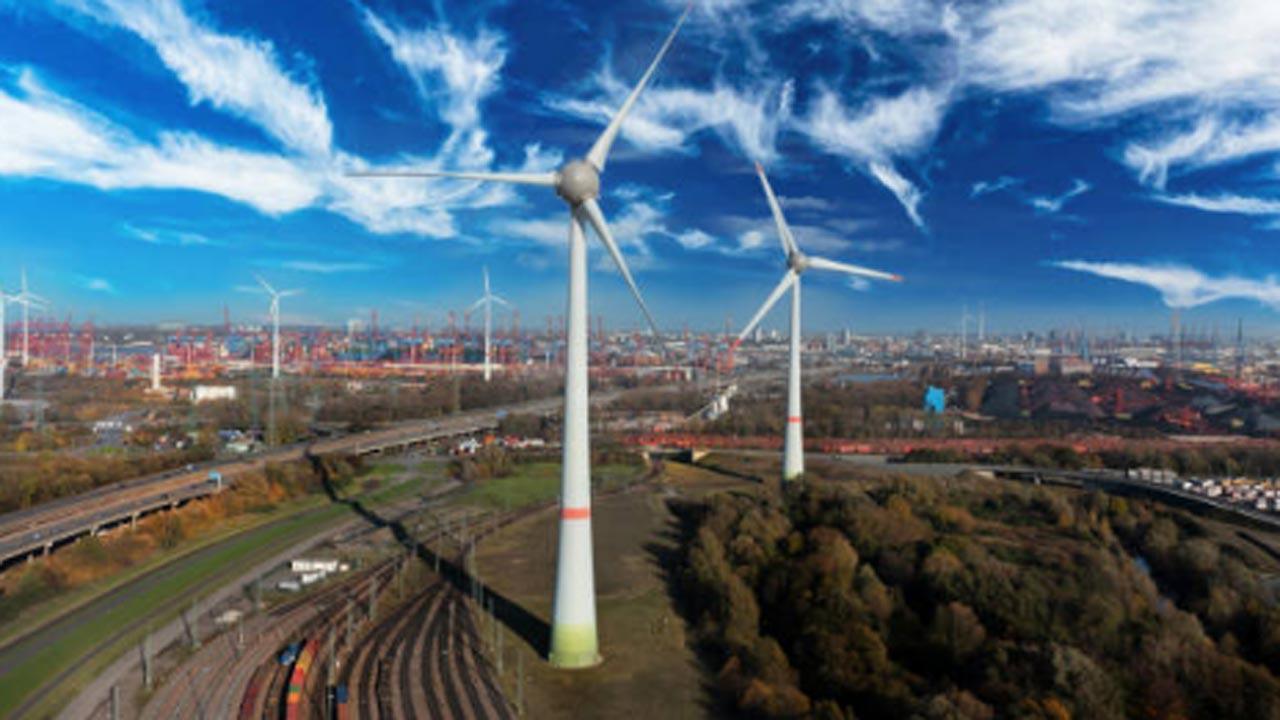It is part of the 'Vision and Principles' released by the Responsible Energy India (REI) that seeks a socially just, ecologically safe, and rights respecting renewable energy sector as the country aims to achieve 500 GW of installed RE capacity by 2030

Representational images. Pic/iStock
As India races to increase its share of renewable energy as part of its ambitious climate action, experts on Monday underscored the need for the entire renewable energy (RE) spectrum to ensure energy equity, ecological responsibility and livelihood protection of the vulnerable communities during the energy transition from fossil-fuel.
ADVERTISEMENT
It is part of the 'Vision and Principles' released by the Responsible Energy India (REI) that seeks a socially just, ecologically safe, and rights respecting renewable energy sector as the country aims to achieve 500 GW of installed RE capacity by 2030.
"As the renewable energy sector grows exponentially, fuelled by an urgent need to meet peoples' energy needs cost-effectively and address the planet's climate emergency, it is essential that the RE sector and its allied industries act responsibly.
"We all need to act in ways that address energy equity, participatory governance, protect the livelihoods and ecosystems of places where RE is sited, and ensure that the full lifecycle of the RE system is safe and secure," Ajay Mathur, Director General, International Solar Alliance (ISA), said as he released the 'Vision and Principles'.
The Responsible Energy Initiative (REI) is a consortium of core and expert partners; alongside participants from across the RE value chain, its core partners for India are the The Energy and Resources Institute (TERI), World Resources Institute, India (WRI India), and the Forum for the Future.
A group of 26 global and Indian leaders from across the renewable energy sector and leading international think tanks contributed to the aVision and Principles.'
By encouraging collaboration across wide-ranging stakeholders, REI seeks to urgently galvanise action to address concerns over the loss of traditional livelihoods; threats to community wellbeing; long-term ecological impacts on altering land use patterns; and complaints over energy equity. This comes at a time when the very existence of Great Indian Bustard (GIB) has been threatened because of the RE plants in Rajasthan and there have been reports of clashes between traditional local communities and RE companies at multiple locations.
Asked about the engagement with the government vis-a-vis regulations needed in connection with these issues, Anna Biswas, Director, Forum for the Future India, told IANS, "Some of the officials in the relevant ministries are aware of what we have been doing. Our framework just got ready, and it is only now that we can take it to the government."
The release of REI's 'Vision and Principles' was followed by a discussion on the current state of the RE sector in India with several participants from the private sector expressing their views.
REI is a multi-year programme to ensure renewable energy in Asia achieves its full potential and creates value in a way that is ecologically safe, rights-respecting and socially just.
This story has been sourced from a third party syndicated feed, agencies. Mid-day accepts no responsibility or liability for its dependability, trustworthiness, reliability and data of the text. Mid-day management/mid-day.com reserves the sole right to alter, delete or remove (without notice) the content in its absolute discretion for any reason whatsoever
 Subscribe today by clicking the link and stay updated with the latest news!" Click here!
Subscribe today by clicking the link and stay updated with the latest news!" Click here!







